Accordingly, traders and DAs can only fill in “Singapore” as the Country/Region of Origin if the goods meet the relevant origin criteria under the applicable Free Trade Agreements (FTAs) to which Singapore is a member or Singapore’s non-preferential Rules of Origin.
The Circular specifies that the “Country/Region of Origin” of goods refers to the country/region from which the goods are wholly obtained or substantially transformed into their final form. When declaring the “Country/Region of Origin”, the goods must comply with the applicable rules of origin of the country/region where the goods are produced or manufactured.
For such goods to qualify as originating in Singapore and to be eligible for preferential tariff treatment when the goods are exported from Singapore to an FTA partner country/region to which Singapore is a member, the goods must satisfy the specific origin criteria set out in the relevant FTA in force.
In addition, the circular also states the conditions for goods to be listed as originating from Singapore but not entitled to preferential tariffs, such as:
(a) Wholly sourced (i.e. grown or produced entirely in Singapore); or
(b) Has undergone significant transformation in Singapore by meeting any of the following criteria:
(i) Manufactured in Singapore with at least 25% in Singapore based on the ex-works price of the finished goods;
(ii) Achieve a Change in Tariff Classification at the 6-digit level (i.e. a Change in Tariff Subheading); or
(iii) Undergoes chemical reaction (for products of HS Chapters 27 to 40 only).
Goods that undergo only minimal processing in Singapore will not qualify as originating goods of Singapore. The following processes are considered to be minimal processes:
a) Activities to ensure the preservation of products in good condition during transport and storage (ventilation, spreading, drying, cooling, pickling in salt, sulfur dioxide or other aqueous solutions, removal of damaged parts, and similar activities);
b) Simple operations include dust removal, screening, sorting, grading, collating (including forming product sets), washing, painting, cutting;
c) Changing packaging, dividing and assembling lots, and filling into simple bottles, jars, bags, boxes, fixing on cards or boards, and all other simple packaging operations;
d) The affixing of labels, marks or other similar distinguishing marks on products or their packaging;
e) Simple mixing of products, regardless of whether they are of different types;
f) Simple assembly of product components to form a complete product;
g) Combination of two or more of the activities listed in items (a) to (f);
h) Animal slaughter.
Records of declarations must be retained for at least 05 years from the date of approval of the license application. Incorrect declaration of country/region of origin in a license application constitutes an offence under the Customs Act and the Import and Export Regulation Act of Singapore and will be subject to prescribed penalties including advisory notice, fine and prosecution in court.
Singapore is an international trade hub that is considered trustworthy, open and comprehensive with very strict legal regulations. Therefore, businesses doing business and trading with Singapore need to pay attention and comply with Singapore's legal regulations, including customs regulations./.
Source: Vietnam Trade Office in Singapore
Source: https://moit.gov.vn/tin-tuc/thi-truong-nuoc-ngoai/singapore-quy-dinh-ve-viec-khai-bao-hang-hoa-xuat-xu.html



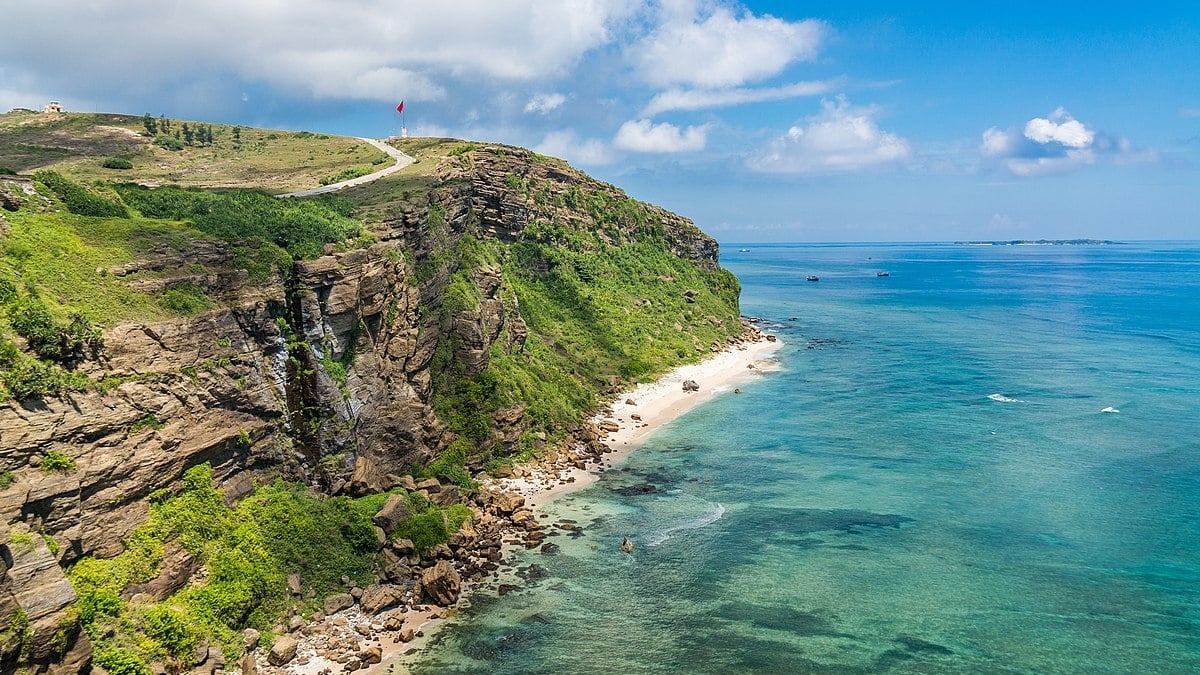
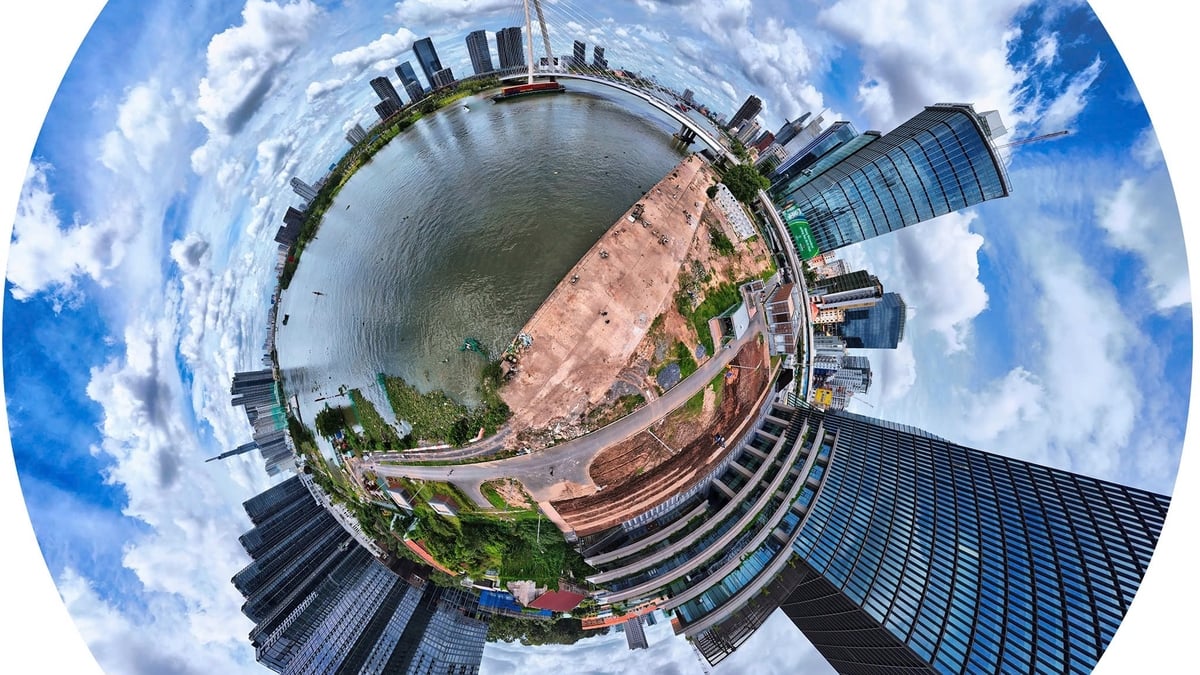



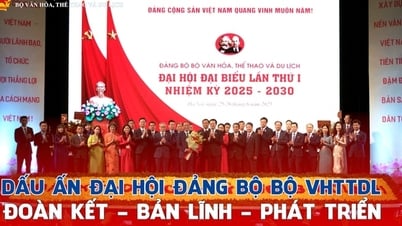

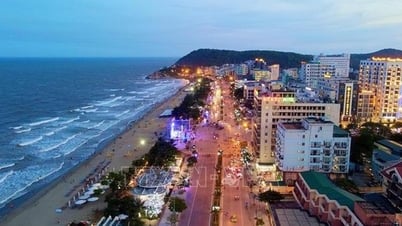
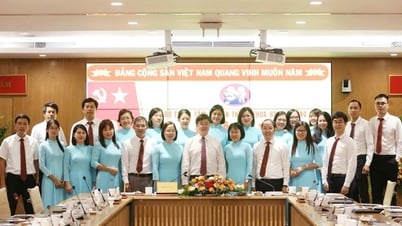

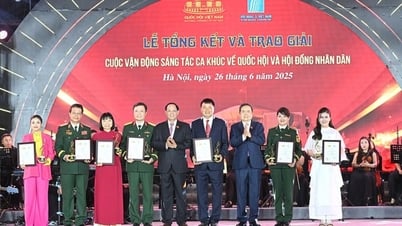
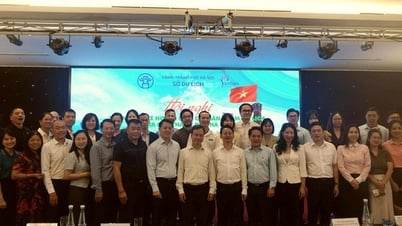
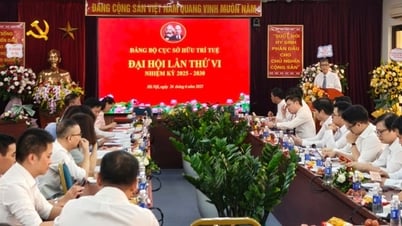





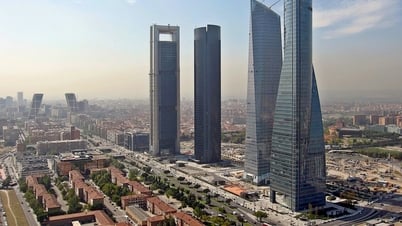
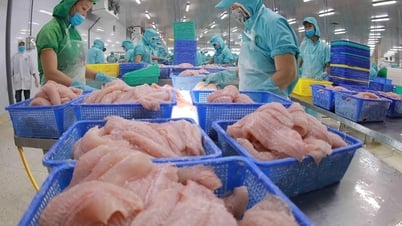
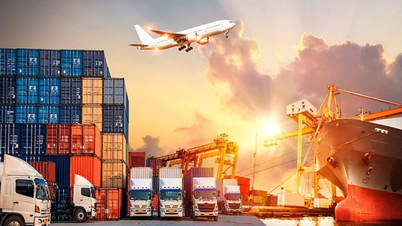
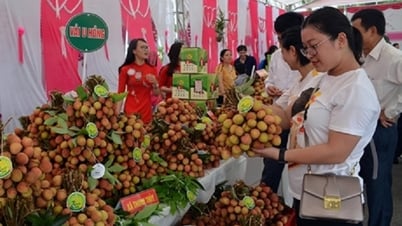
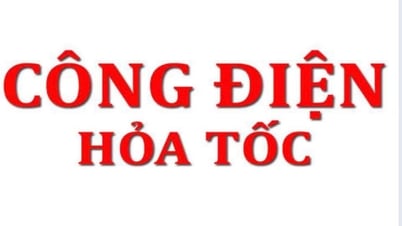





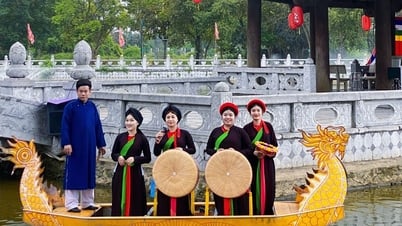

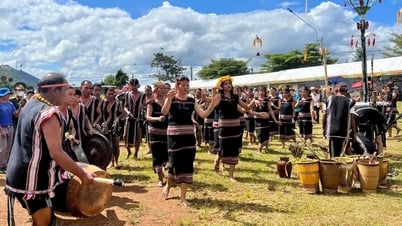







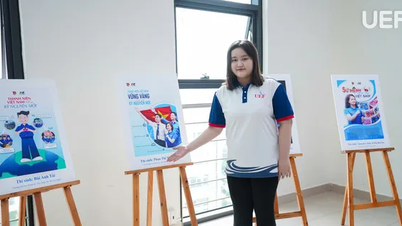

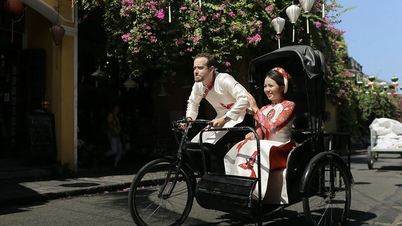


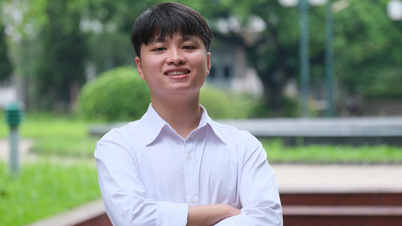

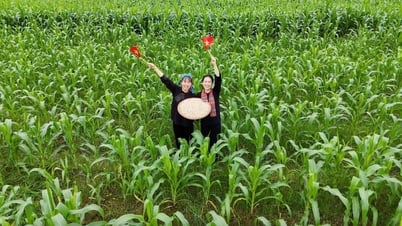







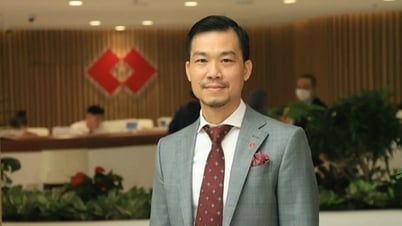
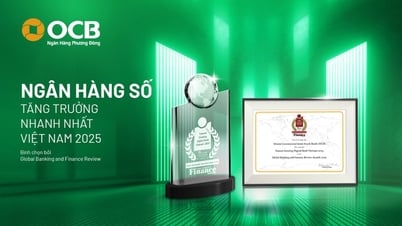
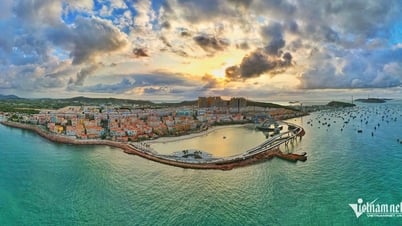
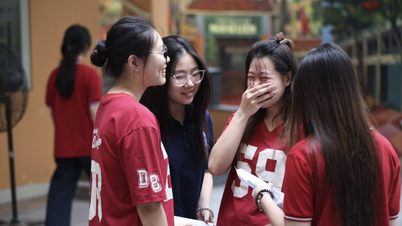
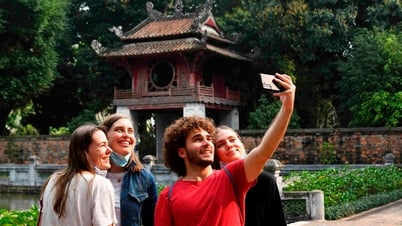
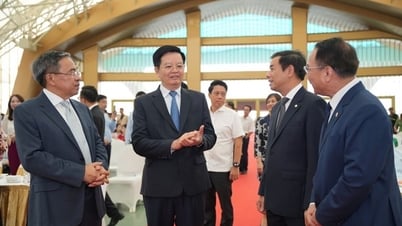
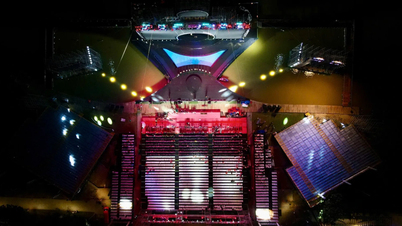

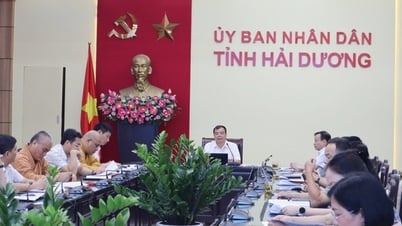
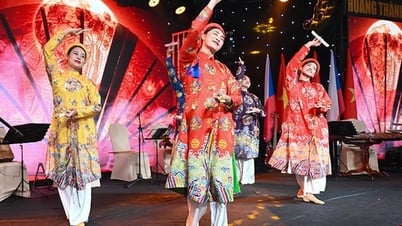

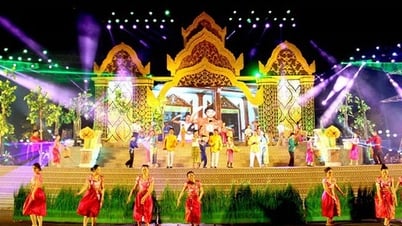
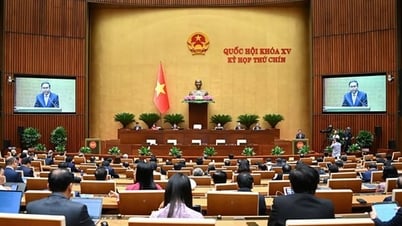


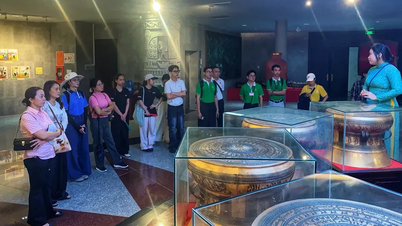

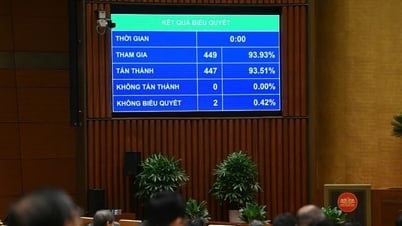

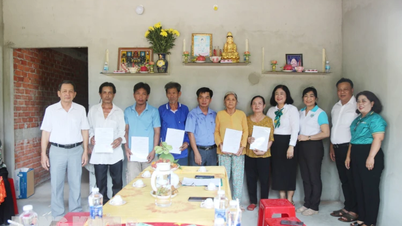













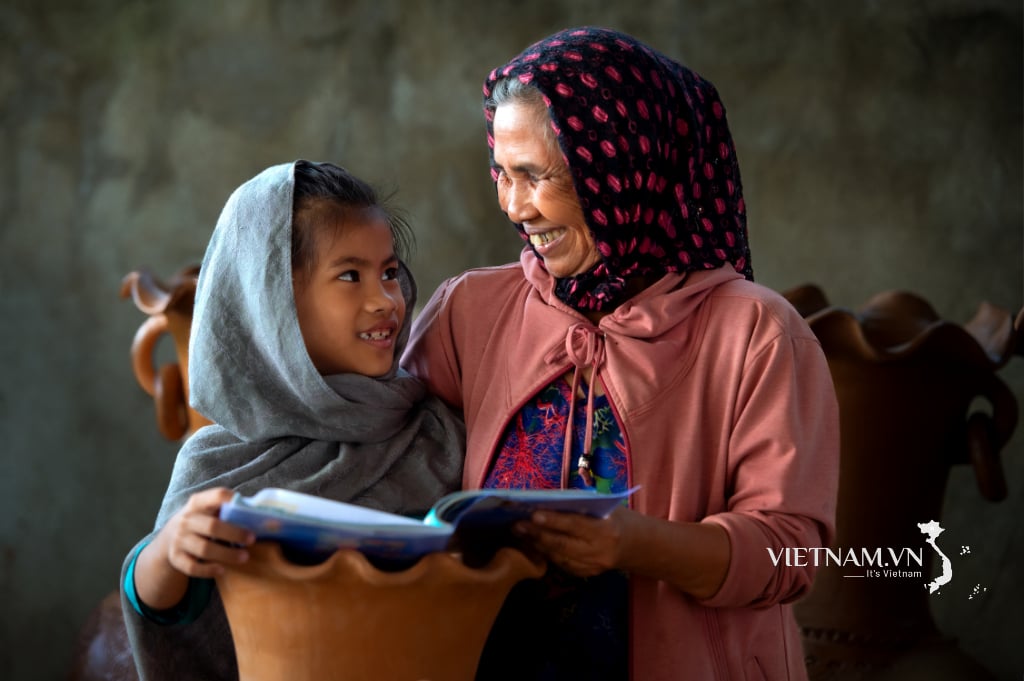
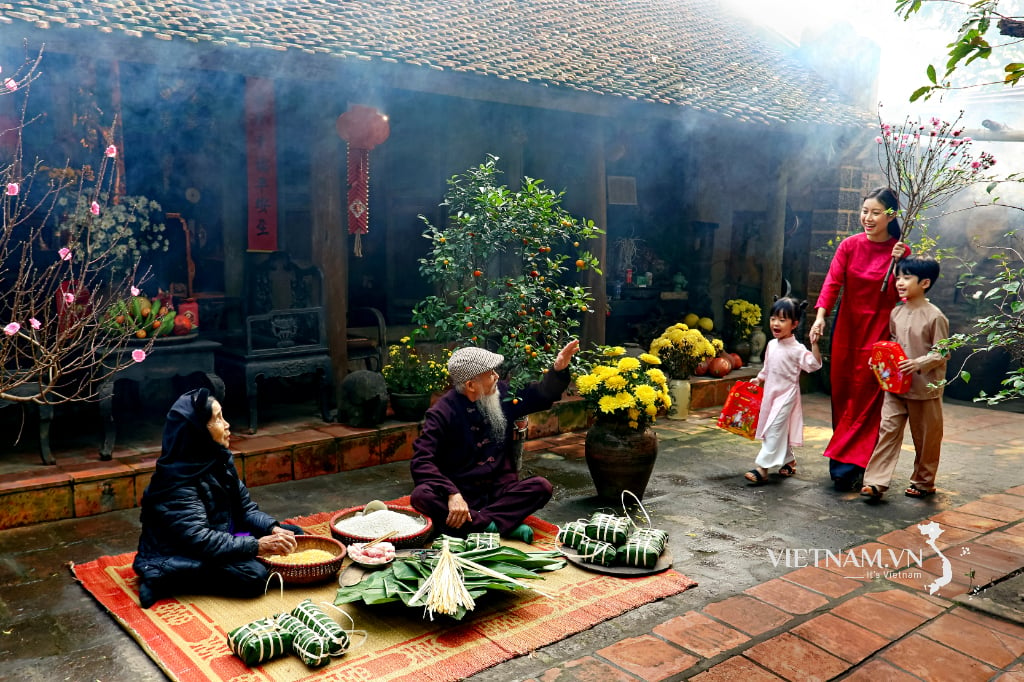


Comment (0)